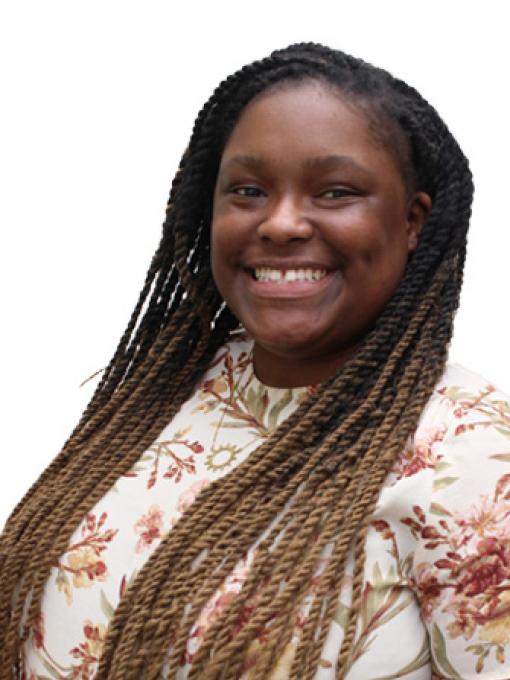As an undergraduate student at Howard University, I was heavily involved in student activist circles and made quite an impression on the university’s staff and faculty. Many of them were former student activists, and they saw in me a hunger for liberation, justice, and equity.
My hunger came from my childhood spent reading books about chattel slavery, the Civil Rights Movement, and the current injustices in the world. My time as a student was split between protesting and reading—a true marriage of theory and praxis. However, I realized I could not just lead chants in the streets. I also had to ground myself in a consistent belief system.
Over my years of study and self-actualization, I discovered that my purpose lies in knowledge and service. I am grounded in my faith in the just nature of God and my hope for a better future. I believe my research and knowledge should be accessible and grounded in the real world. Knowledge without practicality is vanity. Knowledge must serve humanity, not the other way around.
My time as a student was split between protesting and reading —a true marriage of theory and praxis.
I have searched for outlets to fulfill my purpose, but it is rare to find a place where one can combine the theory of liberation theology with the praxis of meaningful activism. However, when I saw a job posting for the Friends Committee on National Legislation, I found a place where I could act on my beliefs and work on topics that are personally meaningful to me: criminal justice reform and voting rights.
Though I was unfamiliar with Quakers, I quickly found that Quakerism—and consequently FCNL—aligned with my personal beliefs as a Christian and an activist. I like to believe God led me to FCNL at precisely the right moment in my life.
To be a scholar and an activist is a balancing act. I am currently a graduate student at Howard University studying political science and working on my master’s thesis on the rise of the conservative Christian movement.
As an FCNL program assistant, I have had the opportunity to be exposed to faith-based political participation in a direct, hands-on way while also working to affect real change in the lives of the people I deeply care about.
This work is frustrating and disheartening at times, but what keeps me going is my love for my community.
During my time at FCNL, one of my projects worked on fentanyl sentencing reform. This issue is near my heart because I come from a family with a long history of substance abuse disorder. I have a family member who is currently addicted to opioids.
Though the fentanyl work has been challenging and continues to be an uphill battle, I have hope that we will be able to affect change at the federal level, not only for my cousin but also for the millions of people who suffer from substance abuse disorder.
This work is frustrating and disheartening at times, but what keeps me going is my love for my community. I take the “love thy neighbor” commandment very seriously, and I express this love through service to social justice movements across the past, present, and future.

